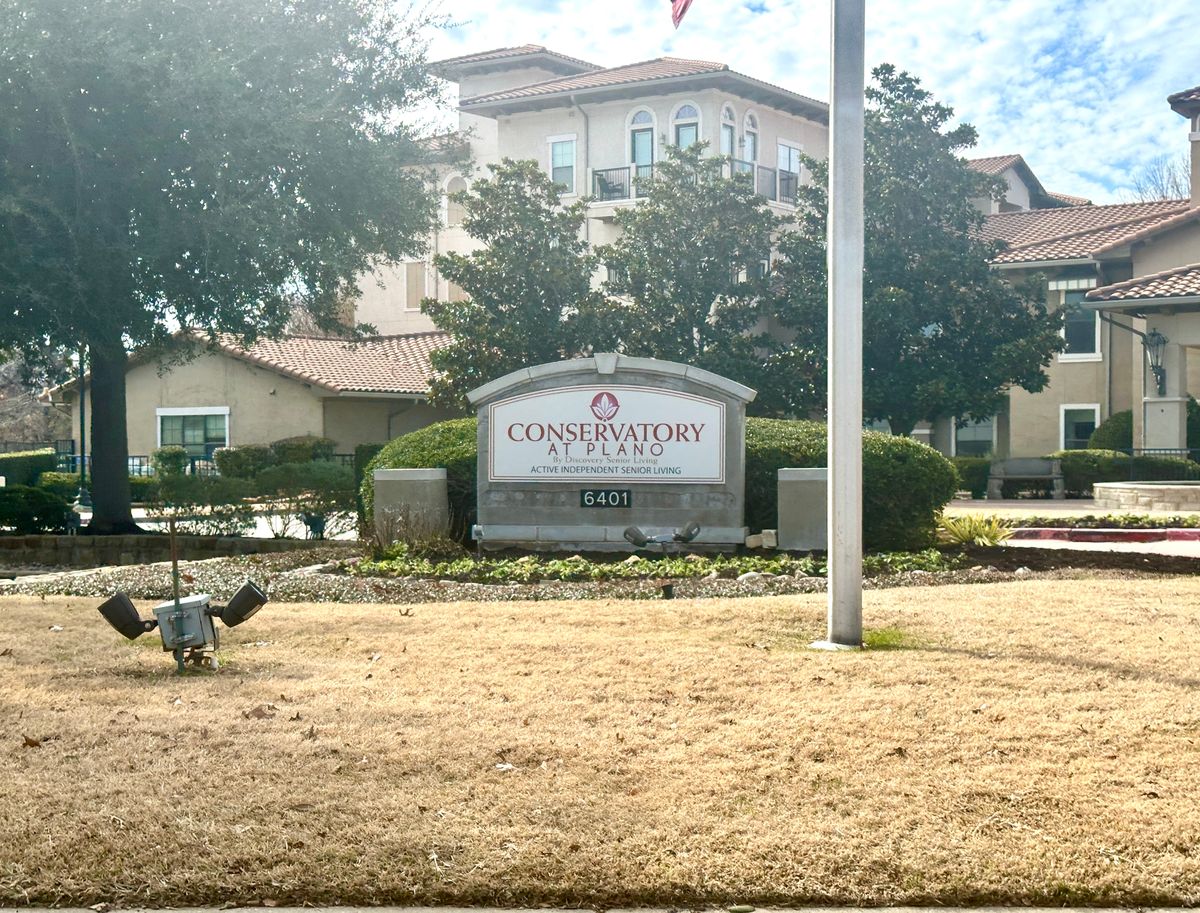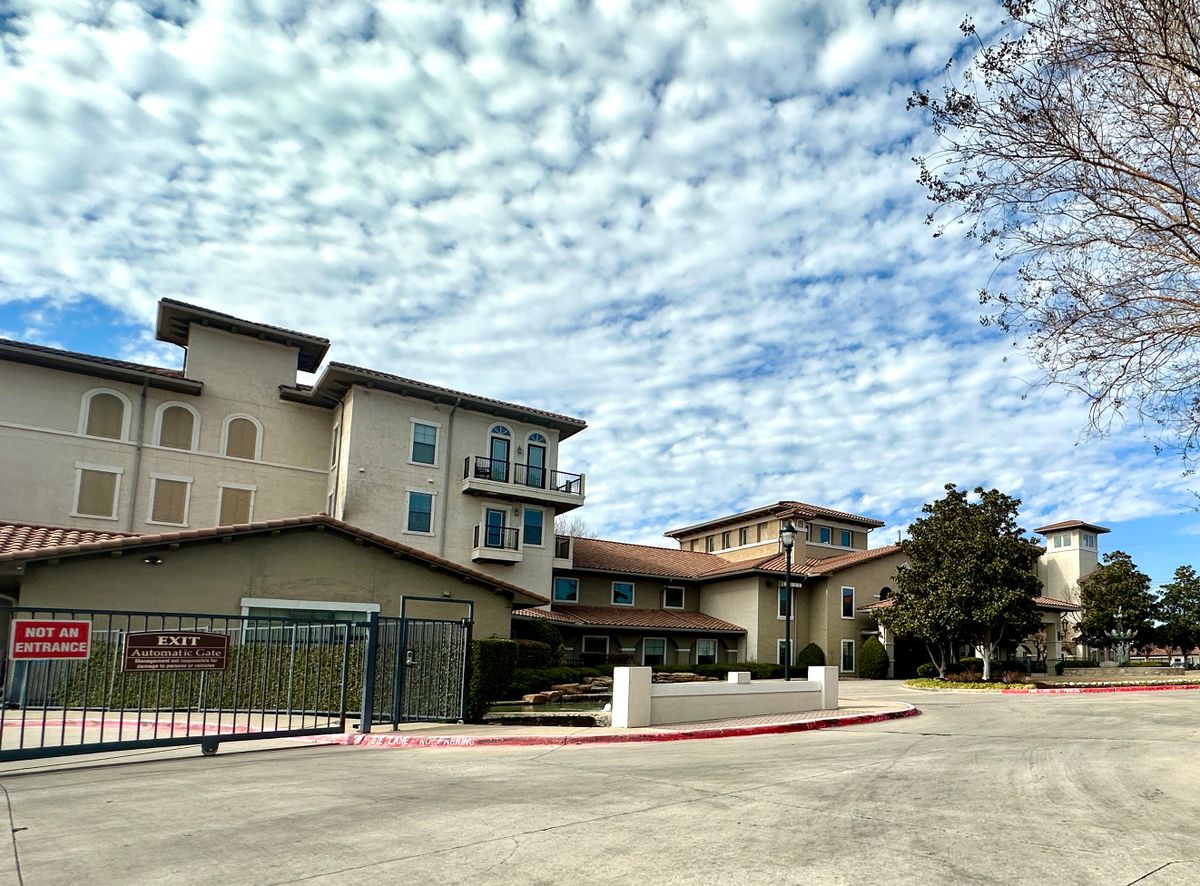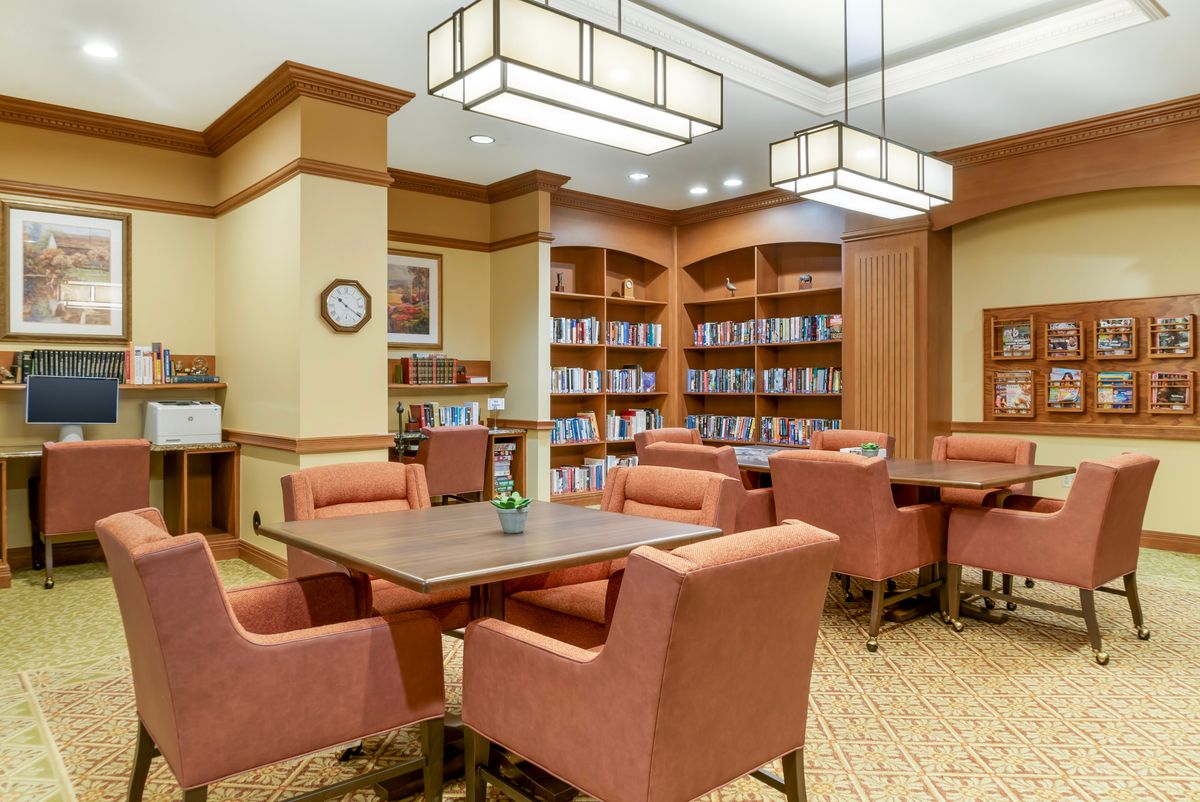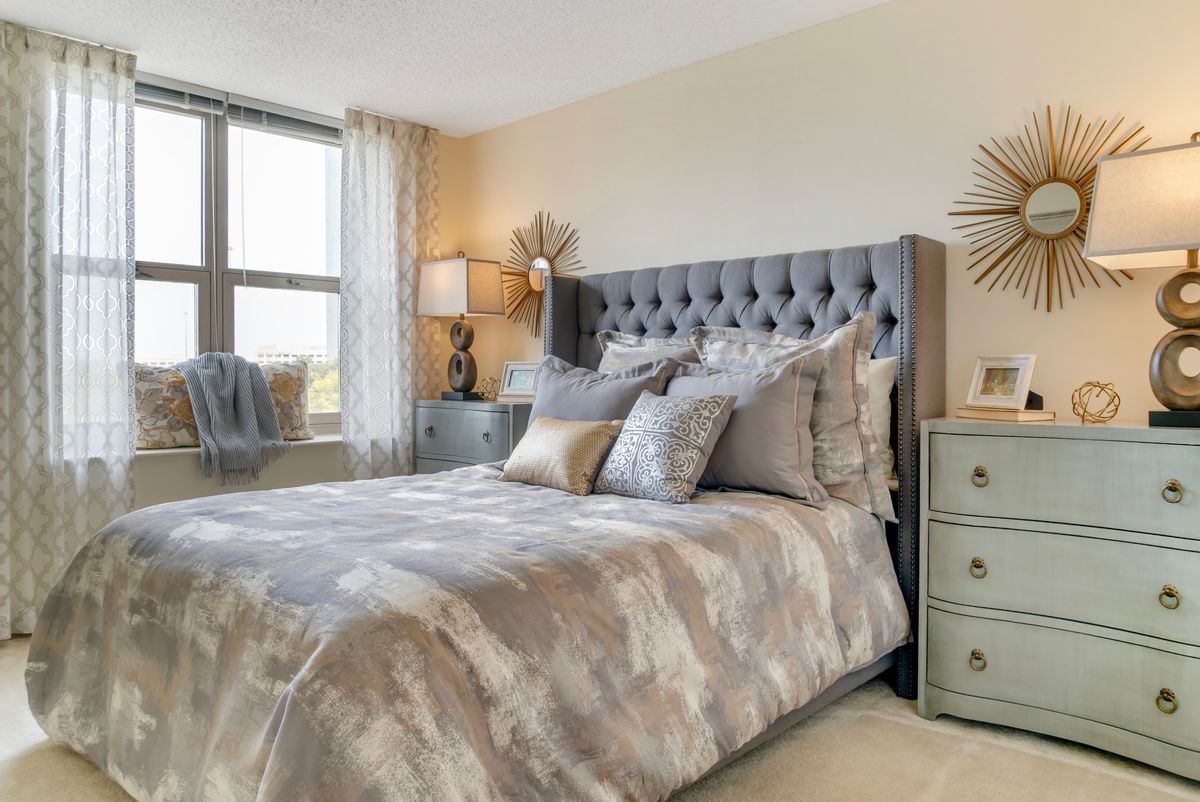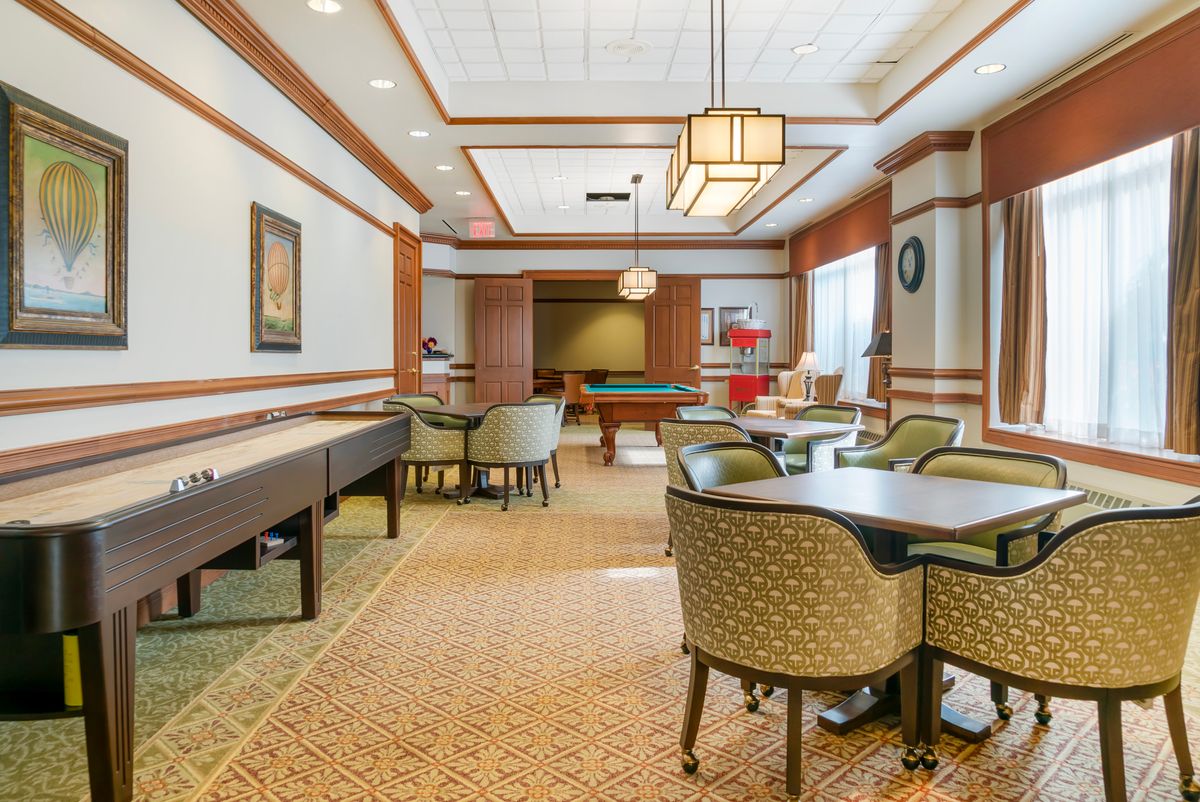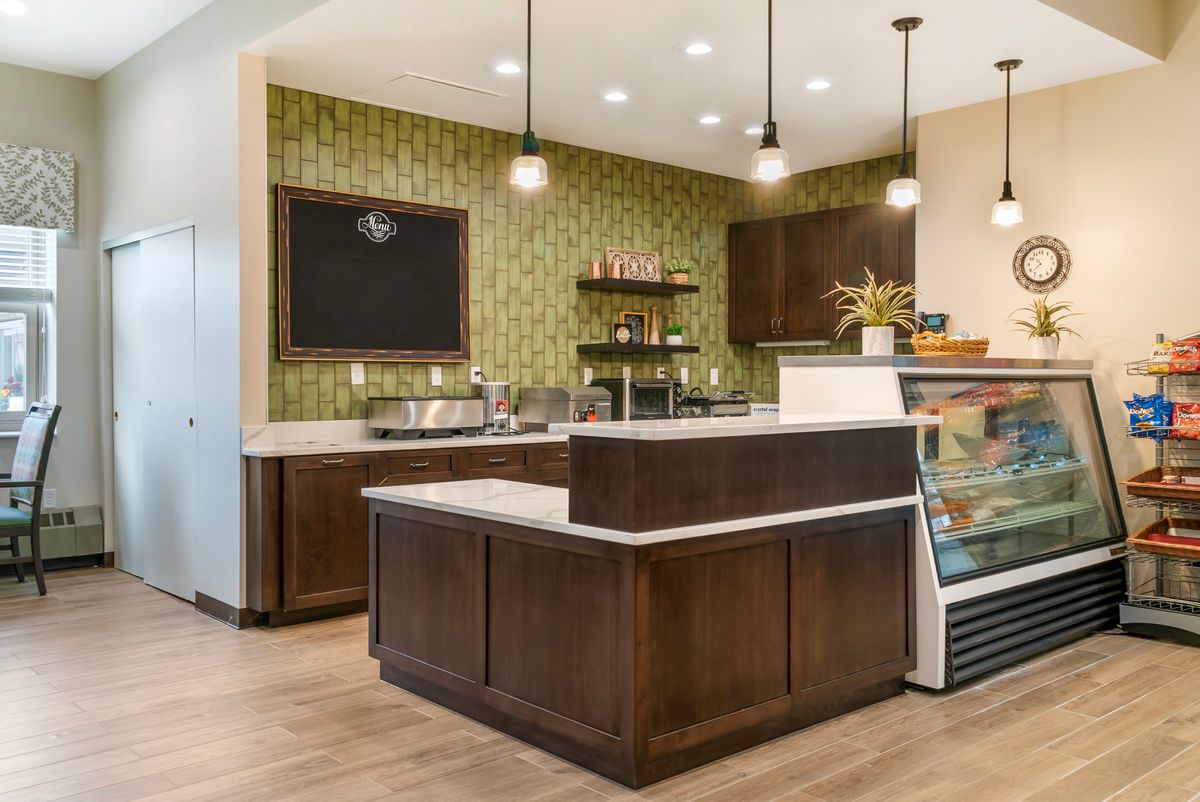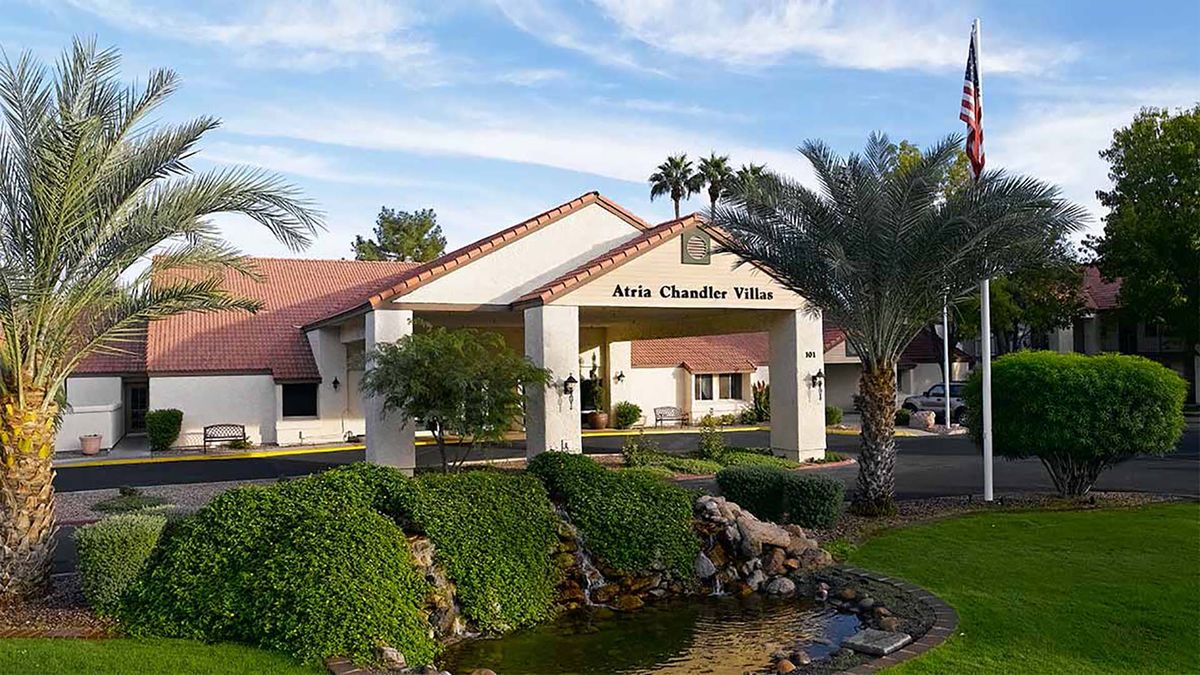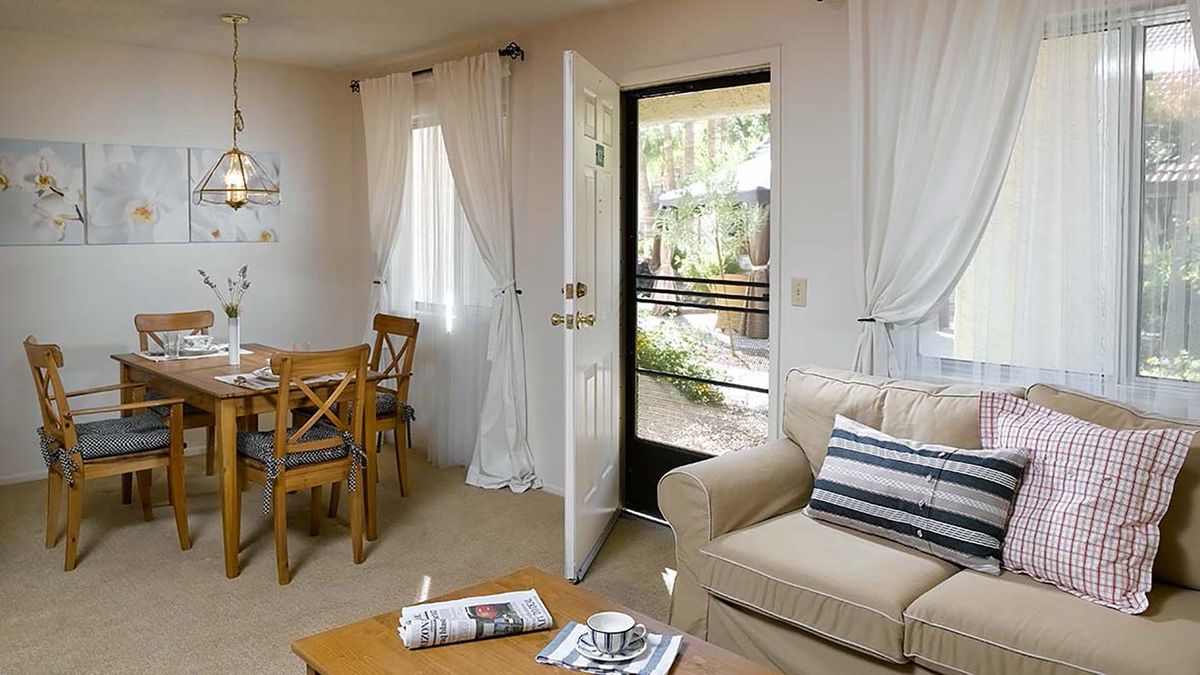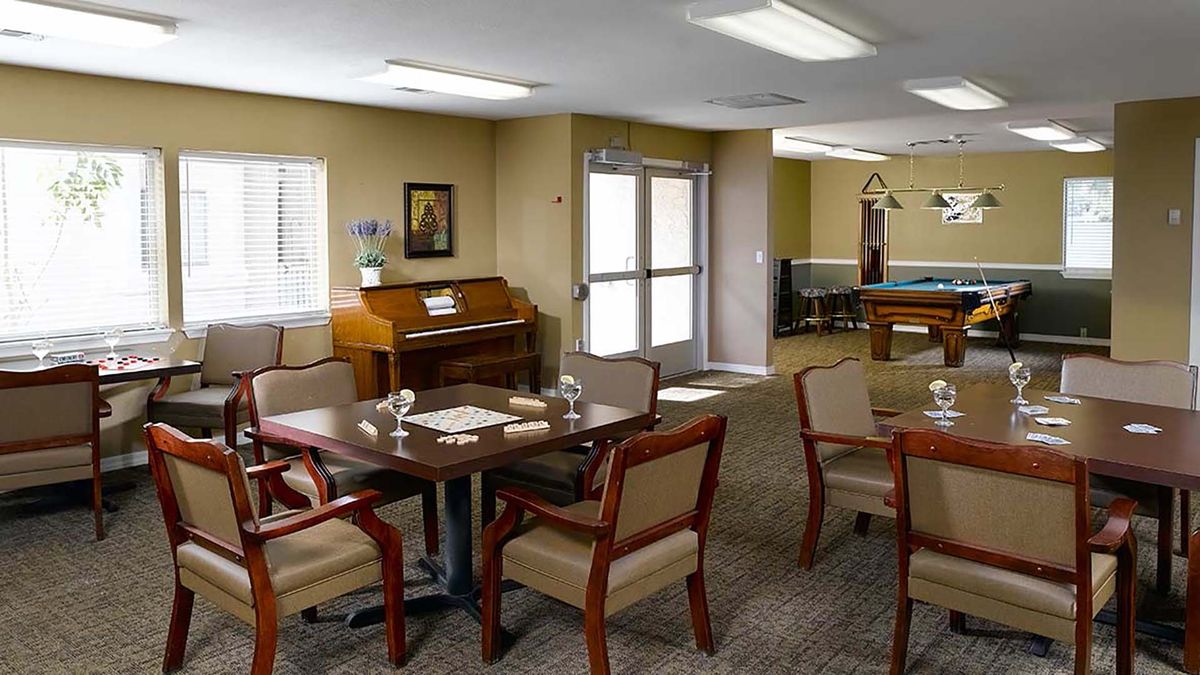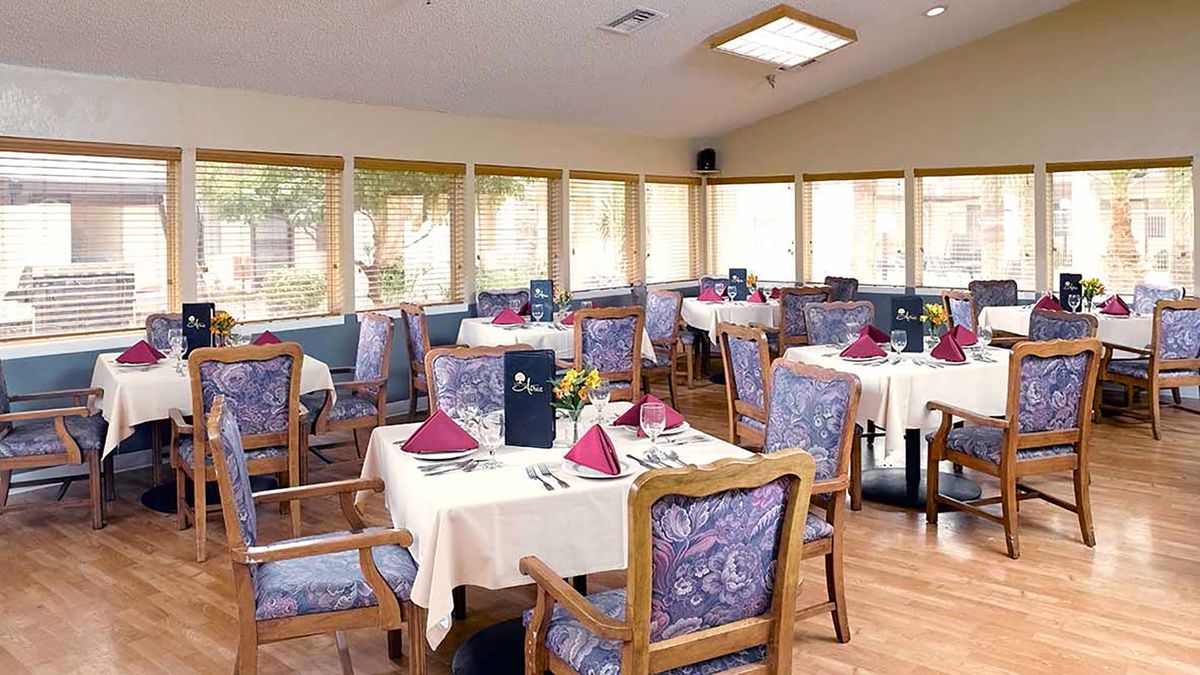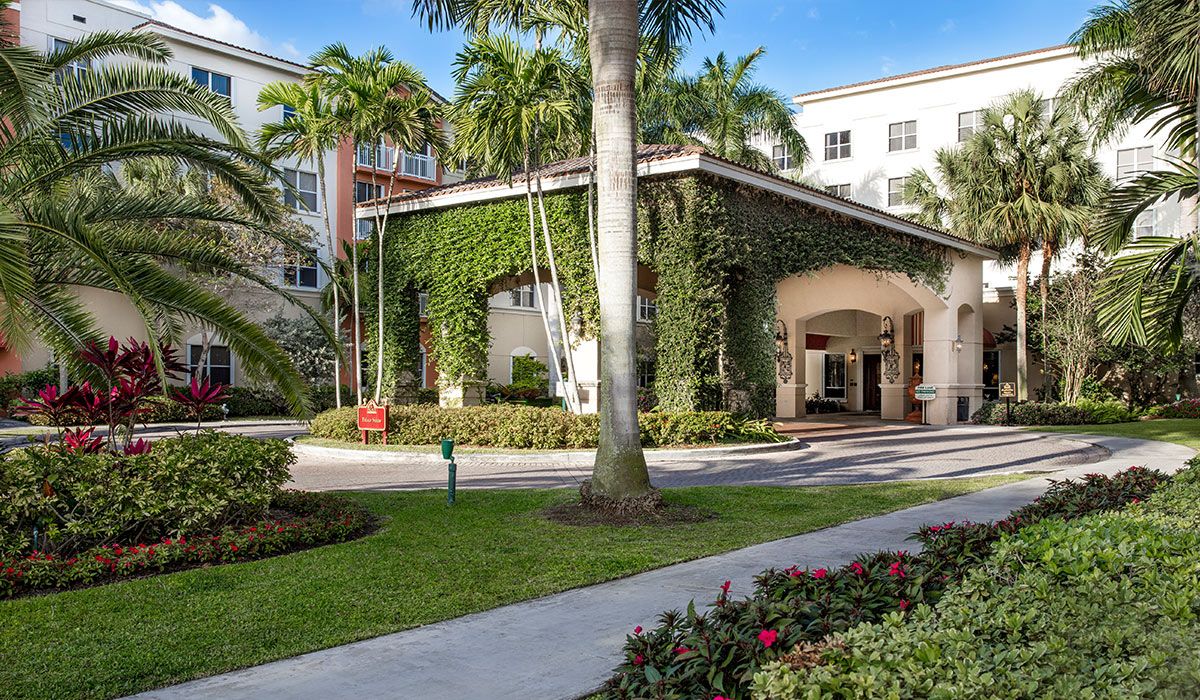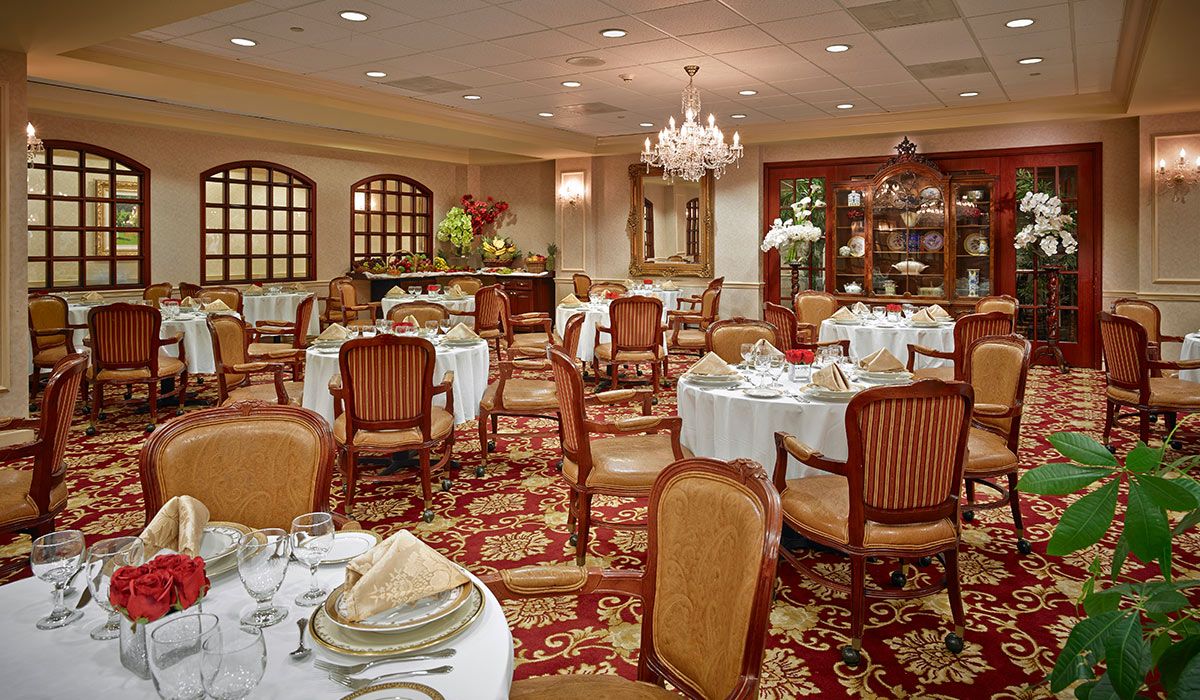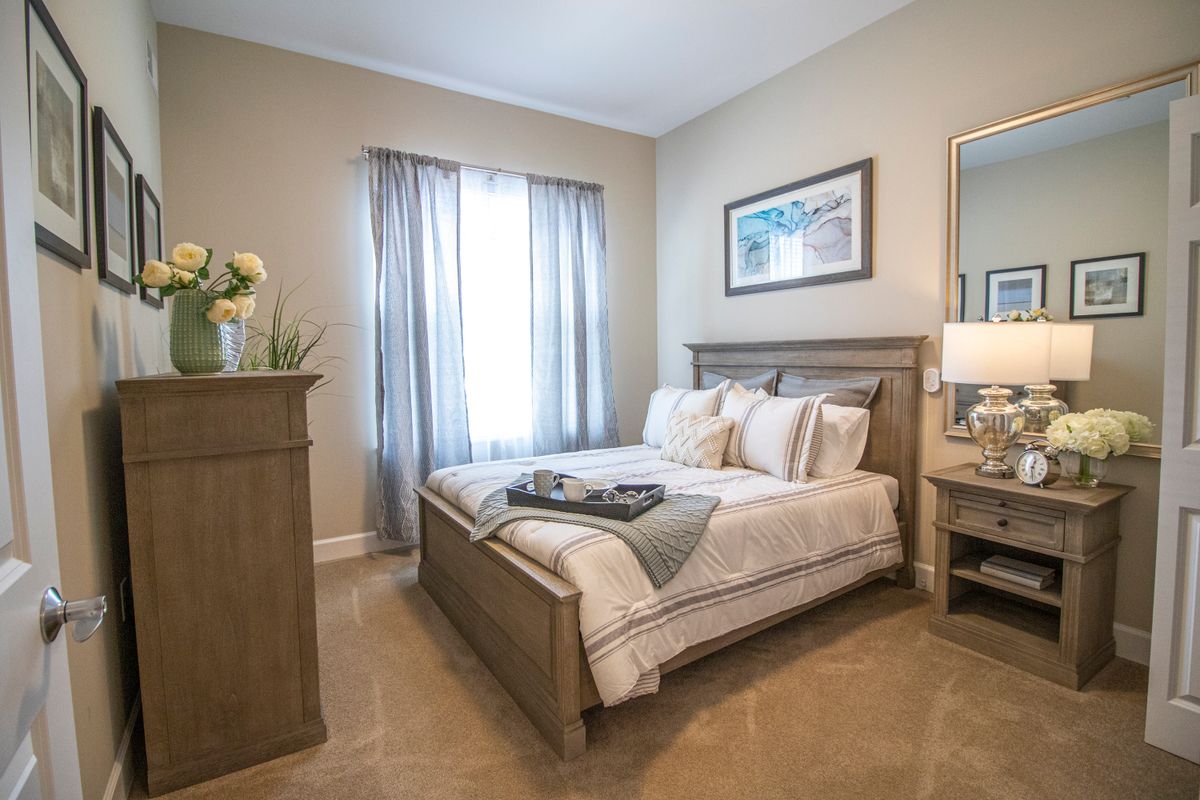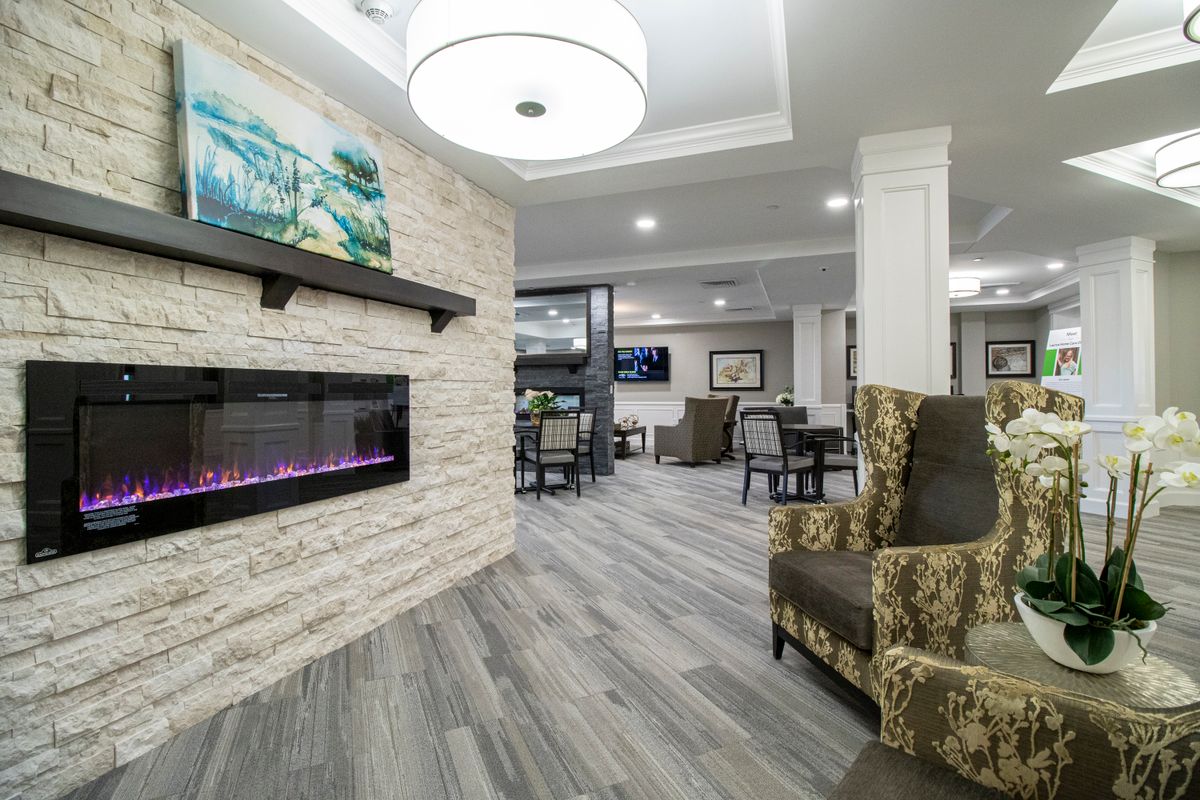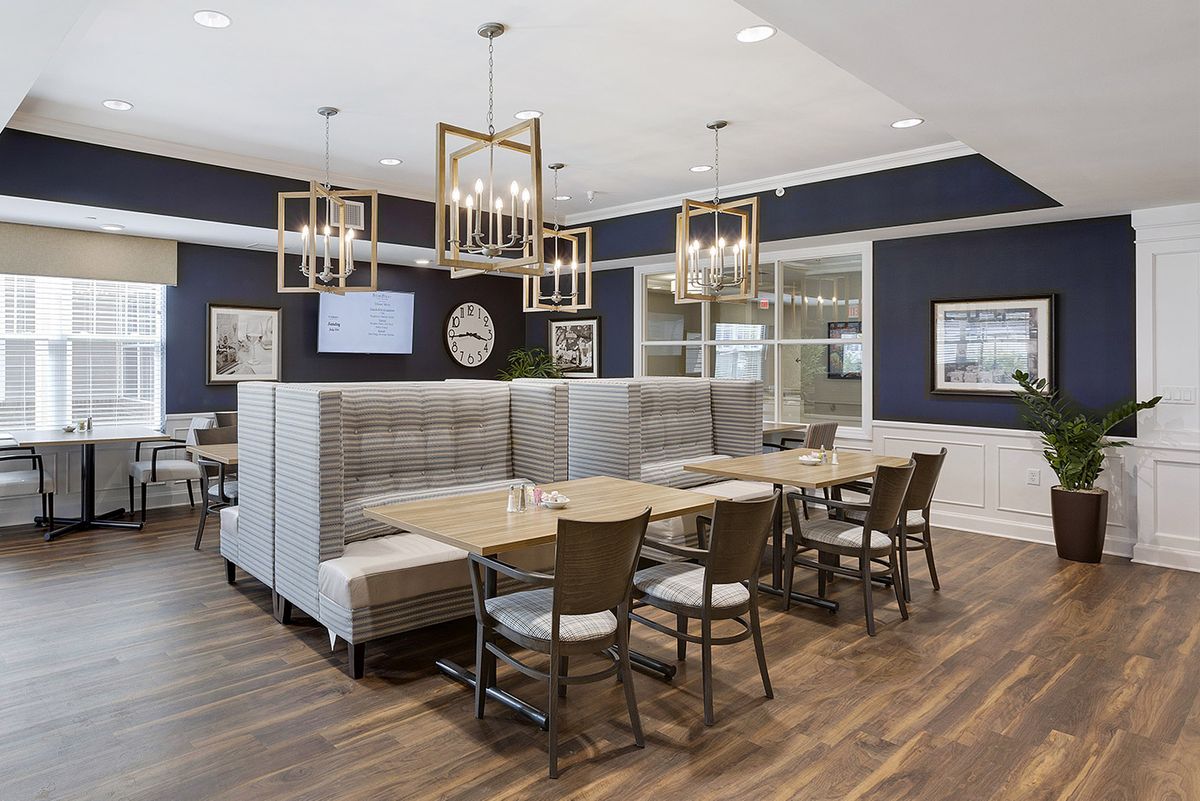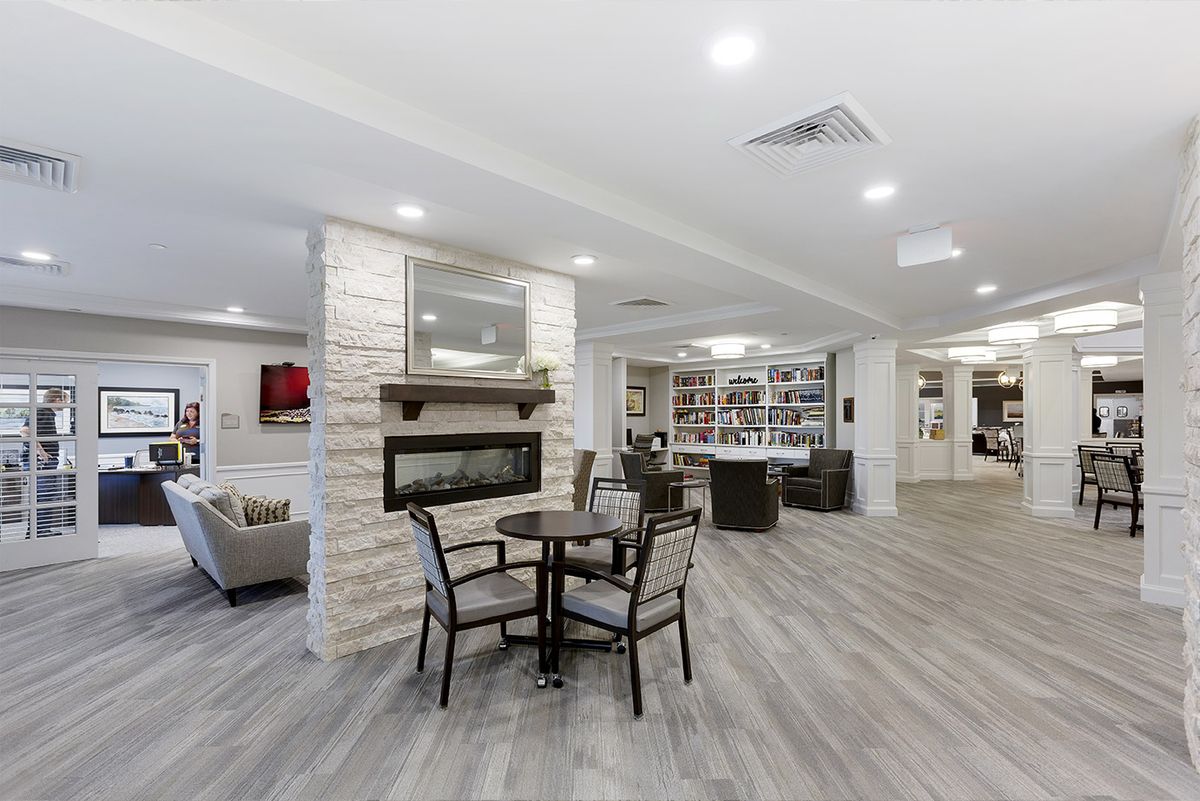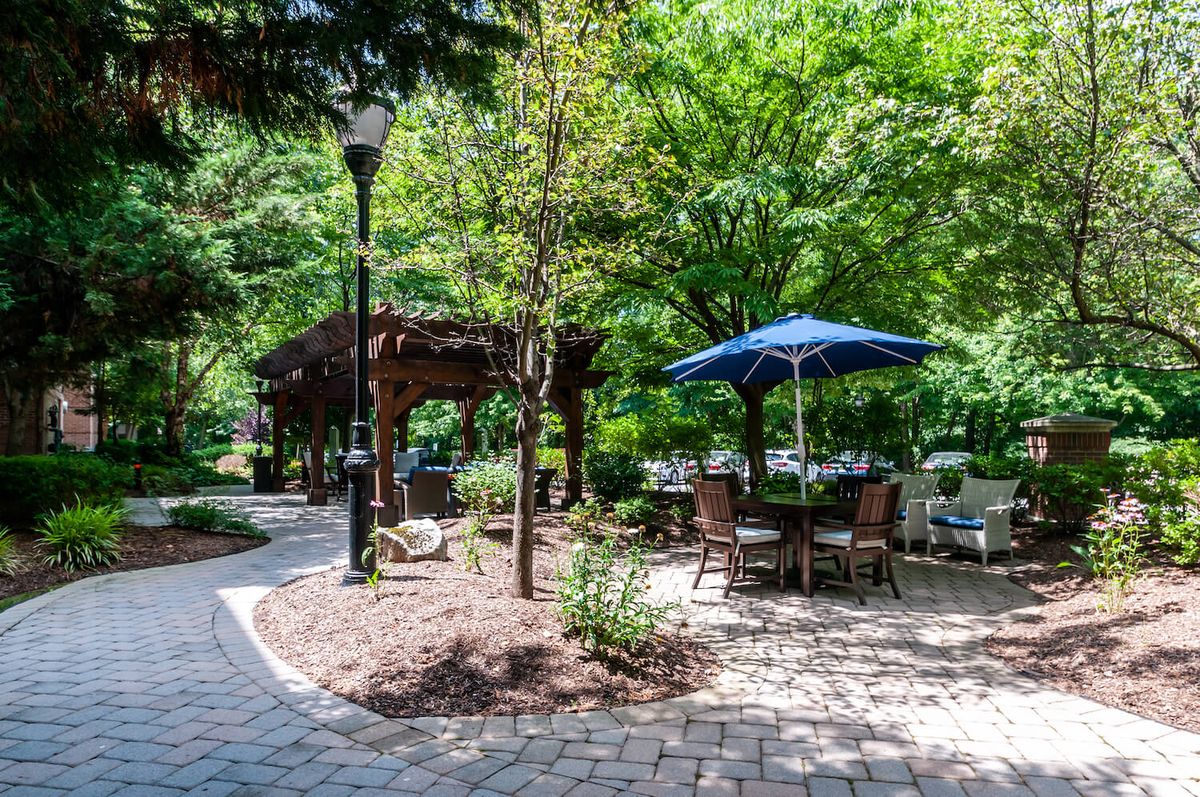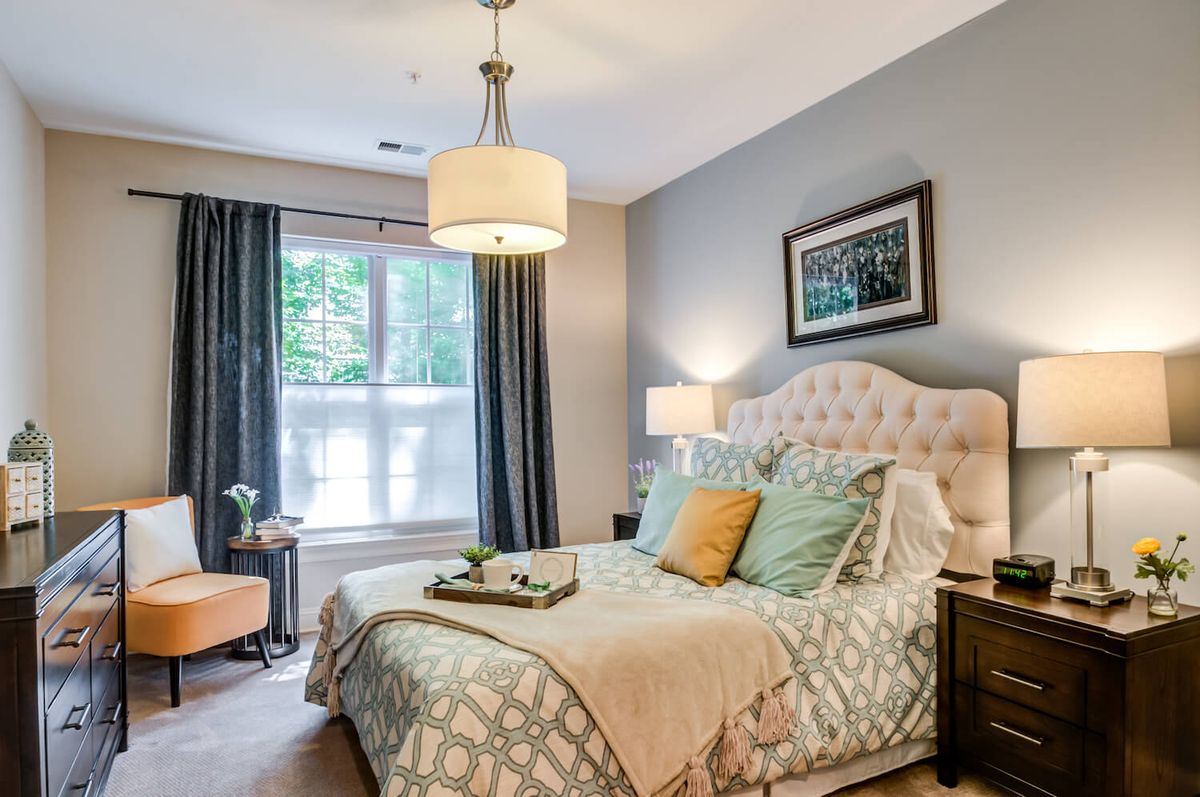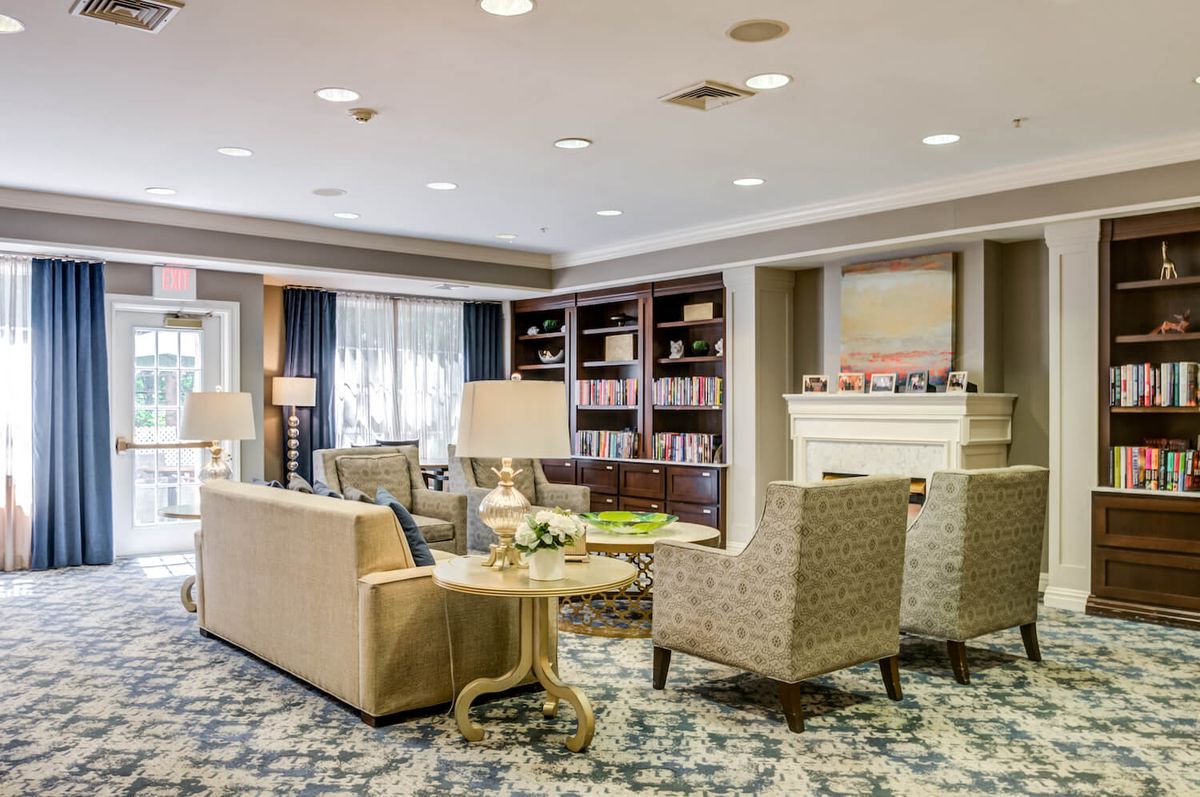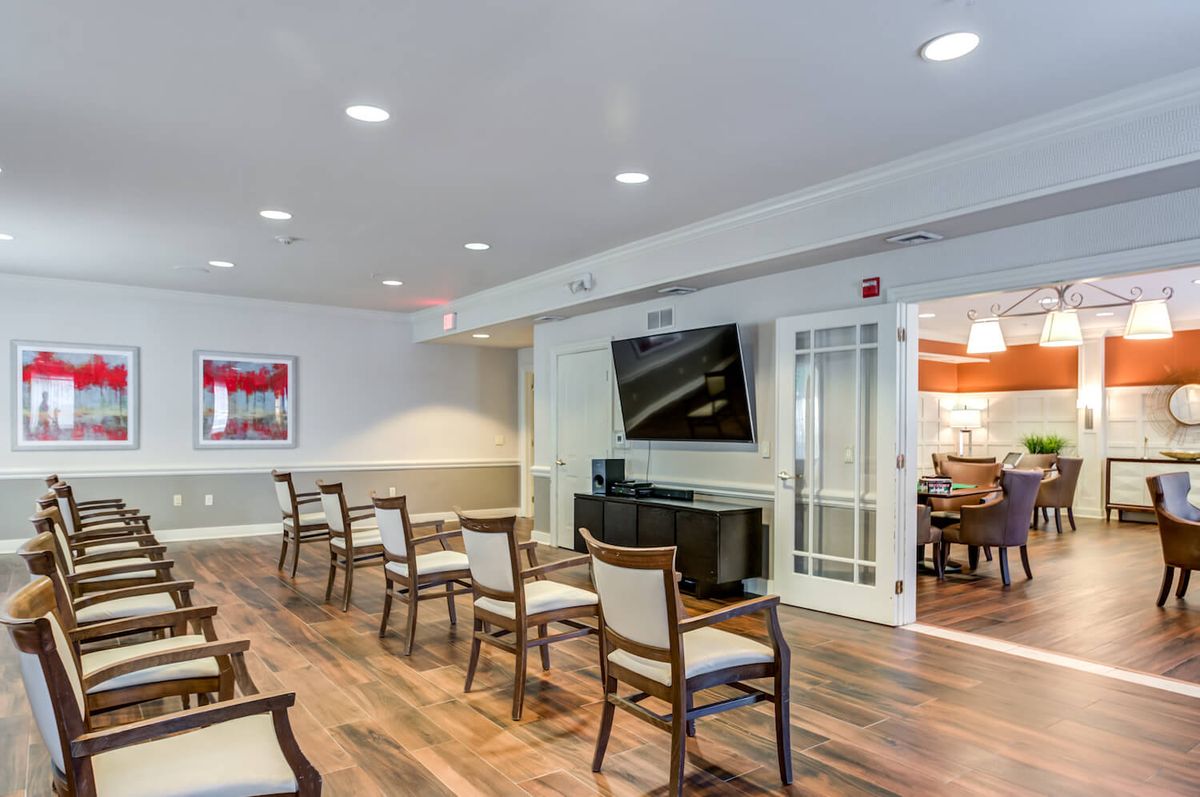
Independent Living: Your Definitive Guide
Stay independent, without the worry of home maintenance
If you've started to explore the world of senior housing options, you've come at the right time. Never before has the senior living landscape been so exciting, diverse, and designed specifically for older adults who are intent on aging with vitality, purpose - and fun.
Independent senior living communities are often the "gateway" to the world of senior housing, and provide an enriching transition from one kind of community to another. From a diverse array of housing options to a myriad of social, recreational, and educational opportunities, these communities aim to cultivate an environment that promotes independence, well-being, and engagement with family members and residents alike.
What is independent living?
If you've started to explore the world of senior housing options, you've come at the right time. Never before has the senior living landscape been so exciting, diverse, and designed specifically for older adults who are intent on aging with vitality, purpose - and fun.
Independent senior living communities are often the "gateway" to the world of senior housing, and provide an enriching transition from one kind of community to another. From a diverse array of housing options to a myriad of social, recreational, and educational opportunities, these communities aim to cultivate an environment that promotes independence, well-being, and engagement with family members and residents alike.
Types of independent living

You'll soon find that independent housing options in this category can go my many names.
- Traditional independent living community: a dedicated housing option, usually in a community setting, designed for seniors seeking a maintenance-free, active lifestyle, featuring a variety of amenities, social activities, and services that promote independence, socialization, and overall well-being among like-minded residents.
- Other types of retirement communities:
- Retirement communities: Retirement communities offer various housing options, amenities, and services tailored to the needs and preferences of retired individuals.
- Senior co-housing: A living arrangement where seniors share common spaces, responsibilities, and decision-making within a community, promoting collaboration, socialization, and support.
- Villas or Villages: Residential settings within senior living communities, typically consisting of single-story, low-maintenance homes for retirees seeking a private and comfortable living experience.
- Retirement homes: A general term for dedicated housing solutions designed for elderly individuals, offering various accommodation types and services to cater to their lifestyle and care requirements.
- Congregate care: A living arrangement where seniors live in private apartments but have access to shared services, such as meals, housekeeping, and social activities, fostering a sense of community and support.
- 62+ or 55+ communities: Age-restricted housing complexes or communities designed for individuals who meet a specific age requirement (such as 62+ or 55+), ensuring a tailored living experience for seniors.
- Active adult communities: Communities designed to promote an engaging and active lifestyle through a variety of amenities, recreational activities, and social events catered specifically to senior residents.
- Senior apartments: Various types of rental apartments designed for seniors capable of managing their daily activities and seeking a hassle-free, independent living experience.
- Continuing Care Retirement Communities (CCRC): Also known as life plan communities, this kind of comprehensive senior living solution that offers a range of care levels and services, including independent living, assisted living, and skilled nursing care within a single community. Continuing care retirement communities allow residents to stay in the same community as their care needs change.
- Low-income housing or government-subsidized housing: These are senior housing complexes which provide affordable options for seniors with limited income, often supported by governmental agencies or programs to provide suitable and secure living arrangements.
- Cruise ship life: There aren't any dedicated retirement cruises available, but increasing numbers of baby boomers have crunched the numbers and realized that they can enjoy life on a cruise ship. Their costs are about the same as they would spend on a retirement community on the land.
Benefits of independent living facilities

Here are just a few of the benefits of independent living services for seniors with an active lifestyle:
- Low-maintenance living: services such as housekeeping, landscaping, and maintenance, allow residents to enjoy a carefree lifestyle without the burden of home upkeep.
- Socialization and camaraderie: a variety of social events, fitness classes, clubs, and activities enable older adults to foster new friendships, and a sense of belonging among residents. Plus, family members are encouraged to visit and participate.
- Onsite amenities and recreational activities: a range of facilities, including a fitness center, fitness programs, swimming pool, and hobby room support an active and engaged lifestyle.
- Safety and security: on-site security, emergency call systems, and well-lit common areas, provide residents with peace of mind.
- Transportation services: Scheduled transportation to local shopping centers, medical appointments or events allows residents to maintain connections to the broader community without the need for personal vehicles.
- Age-appropriate design and accessibility: retirement community features like single-level floor plans, grab bars, and wide doorways make it easy for older adults to navigate he common risks associated with aging in place in stand alone houses.
- Independence: seniors can maintain personal autonomy while having access to amenities that make daily life more convenient and comfortable.
Services provided in independent living

The services and amenities available vary from one community to another. Still, many communities offer some combination of these amenities:
- Fitness center or exercise classes
- Communal dining room and chef-prepared meals
- Swimming pools and hot tubs
- Beauty salons and barbershops
- Dining services with chef-prepared meals
- A full social activity schedule
- Movie theater
- Transportation to community services, like medical appointments
- Housekeeping and laundry services
- 24/7 security
- Religious services
- Pharmacy
- Private event areas
- Activity center
Independent living vs assisted living
An independent senior living community may not be the right choice for older adults who need help with Activities of Daily Living (ADLs). This includes assistance with personal hygiene like bathing, toileting and dressing, or care for those who need regular medical assistance. Take a look at the basic differences between these two types of senior living options:
Independent living vs assisted living features
- Assisted living communities generally provide:
- Help with activities of daily living
- Medication Management
- Housekeeping
- Meals
While both the assisted living facilities and independent living communities often offer transportation, exercise facilities, social activities, and sometimes meals and housekeeping services, independent living provides no help with ADLs or medication management.
On the other hand, assisted living communities do not usually offer private apartments. There are pros and cons to both types of community, but the main concern is what level of help and care you or your loved one will need day-to-day.
The cost of independent living
The cost of independent living varies based on factors such as location, amenities, and other features. In some independent living communities, residents may have the option to buy their homes rather than rent. This is most common in active adult communities or age-restricted communities. In some rental communities, a buy-in fee is required to join the community.
In general, these communities have a distinct fee structure that includes either purchasing or renting the residence, along with additional monthly fees that cover services such as maintenance, activities, and access to amenities. Independent living costs are typically lower than those at assisted living, memory care or continuing care retirement communities, as they don't cover personal care or healthcare services within the standard fees.
Costs can range as low as $1,000 in independent living communities designated for low-income residents. On the other end of the spectrum, there are high-end independent living communities packed with luxurious amenities. They can feature condos running as high as $1 million or apartments with $100,000 buy-ins.
On average, you can expect to spend somewhere between $1,500 and $6,000. This is for the combination of rent/mortgage plus amenities or association fees. Some services, such as housekeeping, transportation, or dining, may incur extra monthly fees.
Independent living fees are typically not covered by any type of insurance, including Medicare or long-term care insurance. However, if independent living residents require home care for medical reasons, some of those independent living costs may be covered by insurance.
How to pay for independent living
Independent living tends to be the most affordable senior living option. The communities are often this affordable because they don’t provide daily personal care or medical assistance in any way.
Many options can be used to pay to live in these independent senior living communities:
- Social Security benefits and pension plans: Anyone receiving social security benefits or pension plan payments can use these monies to pay for their cost of living.
- Home Equity: If you own a home and sell it to move into a retirement living apartment or any independent living facility, you can use the profits from the sale of your home.
- Personal Funds: At retirement age, most seniors have savings to fall back on. This could take on many different forms such as investments, dividends, interest, or liquidation of assets.
- Bridge Loans: These short-term loans can help pay for your independent living lifestyle while selling your home.
- Life Insurance: Some policies allow you to sell your life insurance for one lump sum.
Medical care in independent living communities
You probably noticed that the above list of independent living amenities and support services doesn't include medical care. Most active adults who choose independent living don't have significant medical needs when they move into the community.
Many seniors in an independent community don't want to leave their homes to enter assisted living or a skilled nursing facility. Even when their need for care becomes more urgent, they don’t want to move.
One solution for aging citizens who do need some regular medical or personal care is home care services. With home care, trained caregivers provide the services needed right in the senior's own home.
It’s important to remember that many people mistakenly use the term “nursing home” when searching for any kind of senior living. That is a catch-all phrase for all senior living housing options. However, independent living is the farthest removed from what a searcher might be thinking of when looking for a nursing home.
At Seniorly, we have access to top home care services and are happy to connect you, if needed.
How to choose the right independent living community
If you're considering an independent community, start by determining which type of community is your best option. Options include an active adult community, co-housing, a CCRC, or other choices.
Research the communities available in your chosen location, comparing their costs and amenities. Paying a visit is also highly recommended.
When you visit an independent community, you'll be able to see which housing units are available. You can also check to see if the amenities and services are as advertised. Get a sense of whether the community is a good fit for you or your loved one.
Getting started with the right questions
While visiting, you should feel free to ask any questions that occur to you. You're making a big decision with this move and have the right to know all the important information about the community you might choose as your own.
Here are some suggestions of questions you might want to ask during your visit, just to get you started.
- What social and recreational activities are offered?
- How many residents participate in the activities you're interested in?
- What options are available if you need regular medical or personal care in your home? Are you allowed to bring in an in-home caregiver?
- Under what circumstances would you be asked to move to an Assisted Living community?
- What's included in the monthly fee?
- Is the monthly fee increased every year? Is there an annual cap on the increase?
- What happens if a resident has difficulty paying the monthly fee?
- What assistance will the community provide to help you move and get settled there?
- What's security like in the community? What emergency services are available?
- Are any meals provided? If the answer is yes, how many meals are provided, and which ones? Are they included in the monthly fee?
- Are any accommodations available if you need to follow a restricted diet (gluten-free, vegetarian, kosher, etc.)?
- Are visitors allowed? What about overnight visitors? Are children allowed to visit? Is there a curfew for visitors (or for any other activities)?
- Does the community allow residents to have pets?
- Are there restrictions on the size or type of pets?
- Is it possible to make arrangements for pet care if you need to travel away from the community for any reason?
- What transportation is available in the community?
- Does the community provide any kind of shuttles or private transportation for doctor's appointments, errands, or entertainment?
- Do residents get involved with the surrounding community?
- What's the relationship between the community and the surrounding neighborhood?
How much does independent living cost?
What’s the difference between independent living and assisted living?
How many independent living facilities are there in the U.S.?
How old do you have to be for independent living?
Are pets allowed in an independent living community?
What if I need more care in the future?
Explore popular Independent Living communities
Brookdale Southfield
25800 Eleven Mile Road, Southfield, MI 48034Independent LivingAtria Chandler Villas
101 South Yucca Street, Chandler, AZ 85224Independent LivingThe Palace Suites
11377 South West 84th Street, Miami, FL 33173Independent LivingStoryPoint Medina East
122 Medina Road, Medina, OH 44256Assisted Living, Independent LivingArbor Terrace Teaneck
600 Frank West Burr Boulevard, Teaneck, NJ 07666Independent LivingArthur Bretschneider is CEO and Co-Founder of Seniorly. As a third generation leader in the senior living industry, Arthur brings both deep compassion and a wealth of practical experience to his work at Seniorly. Arthur holds an MBA from Haas School of Business and has been featured in the New York Times and Forbes Magazine as a thought leader in the senior living space. Arthur is a passionate and vocal advocate for improving the lives of older adults through community, and believes strongly that structured senior living environments can positively impact the aging experience.
To learn more about Seniorly's editorial guidelines, click here.

